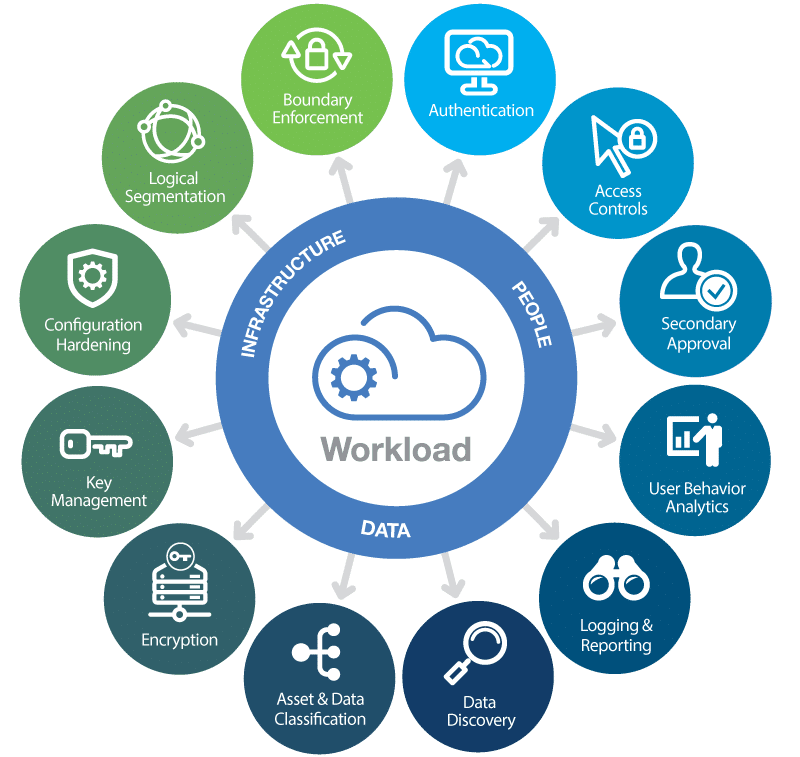When selecting a cloud vendor, there are several key security issues to consider:
Compliance: Ensure that the vendor is compliant with relevant regulations and standards, such as HIPAA, SOC 2, and PCI DSS.
Data encryption: Verify that the vendor encrypts data both in transit and at rest, and that they have strict controls and procedures in place to protect encryption keys.
Access controls: Confirm that the vendor has robust access controls in place, including multi-factor authentication and role-based access, to prevent unauthorized access to data.
Incident response: Make sure that the vendor has an incident response plan in place and that they have a proven track record of handling security incidents effectively.
Physical security: Ensure that the vendor's data centers and infrastructure are physically secure and that they have measures in place to protect against natural disasters and other threats.
Data sovereignty: If you're dealing with sensitive data, it's essential to ensure that your data is stored in a specific location, check if the vendor is able to meet your data sovereignty requirement.
Third-party security: Verify that the vendor has security protocols and procedures in place to protect against threats from third-party vendors and partners.
Vendor's overall security posture: Look at the vendor's overall security posture, including their security certifications and compliance, incident response, and data encryption.
It's important to note that security is a continuous process, and it's important to stay informed and up to date on the latest threats and trends in cloud security. It's also important to have regular reviews of the vendor's security posture and to have a clear security incident management plan in case a security incident happens.




.jpg)
0 Comments